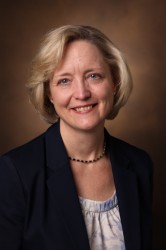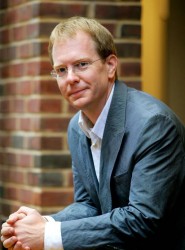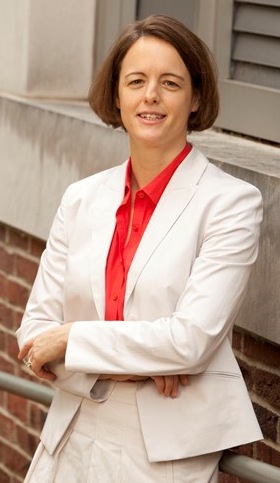The International Strategy Working Group (ISWG), charged by Provost and Vice Chancellor for Academic Affairs Susan R. Wente last September with developing a plan to strengthen Vanderbilt’s international research, scholarship and creative expression efforts while raising the global profile of the university as a research institution, has produced a draft Executive Summary of its work. The ISWG’s full report will be issued in fall 2017.

“Expanding Vanderbilt’s international presence and growing its global reach is essential not only to the success of the university as a higher education leader, but also in fulfilling Vanderbilt’s critical missions of fostering the creation of knowledge and improving the human condition at this propitious moment in history,” Wente said. “The International Strategy Working Group has engaged faculty from across the university to harness their energies, insights and ideas. I appreciate the input of all who have participated, and I look forward to reading the full report.”
Wente identified four guiding principles for the working group in executing its charge: the strategy should build on a grassroots foundation; it should support One Vanderbilt trans-institutional approaches; it should enhance scholarship through strategic and aligned investment; and it should identify ways to better communicate Vanderbilt research to a global audience.
Based on the charge and guiding principles as well as the wide range of faculty input from across the university, the ISWG has developed a four-point strategy that builds on Vanderbilt’s strengths and supports the university’s Academic Strategic Plan and its commitment to equity, diversity and inclusion.
- Bring more international visitors and graduate students to campus, in part through a targeted “Global Fellows” (or similar) program, including providing on-campus housing for international visitors.
- Develop and implement a comprehensive, university-wide international communications strategy.
- Adapt administrative structures to better support and foster international research across the university.
- Create an institute specifically tasked with spearheading these efforts (an “Institute for Global Engagement” or similar).

“Vanderbilt faculty and students are involved in a huge range of international activities. Our committee spent the last year talking to people from across campus, and we came away in awe of the great work that is being done,” said Ted Fischer, co-chair of the ISWG and professor of anthropology and of medicine, health and society and director of the Center for Latin American Studies. “This is an exciting moment to promote greater global engagement. We are at a turning point in the history of globalization, and Vanderbilt is uniquely poised to take a leadership role in understanding and engaging this still-emerging world order.”
The ISWG’s goal was to give faculty members across all schools multiple opportunities to interact with the working group. The response was impressive, reflecting substantial passion and energy among faculty for the topic, the co-chairs said.
The ISWG conducted a faculty-wide survey resulting in nearly 600 responses, including more than 60 pages of written comments. The working group also conducted town hall meetings in Peabody College, the College of Arts and Science, the School of Engineering and the School of Medicine. The group hosted brainstorming lunches that included representatives of all schools, and met with each of the school deans and relevant associate deans, various administrators and many department and program heads. In addition, the ISWG consulted the University Research Council to construct a strategy with its members’ input in mind.

“As a great research university, Vanderbilt needs to be part of academic and intellectual communities that are often global in scope. Doing so will enhance much of our scholarly inquiry and will provide a platform for solving global problems, whether political, social, medical, financial or technological,” said Ingrid Wuerth, co-chair of the ISWG and Helen Strong Curry Professor of International Law. “The strategic plan developed by our group is an exciting step forward, and we look forward to working with the faculty and administration to operationalize the steps we have outlined.”
Learn more about the Academic Strategic Plan’s international strategy initiative, and read the ISWG’s draft Executive Summary.
Please direct questions or comments to InternationalStrategy@Vanderbilt.edu.